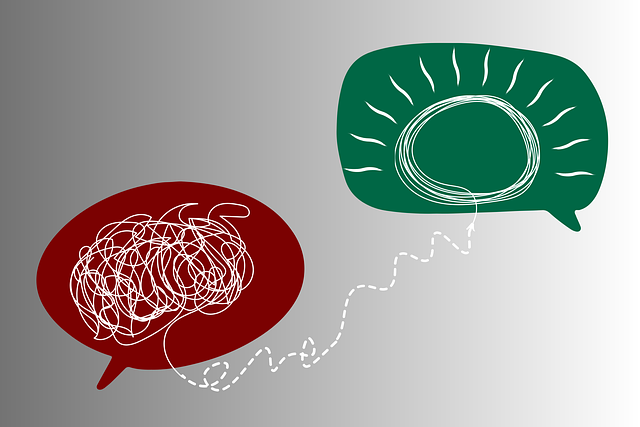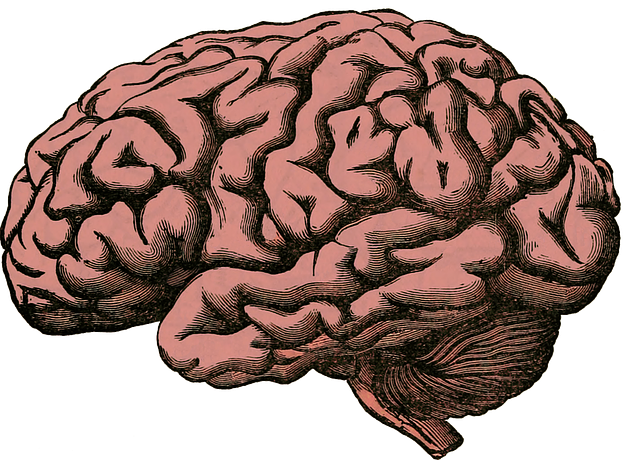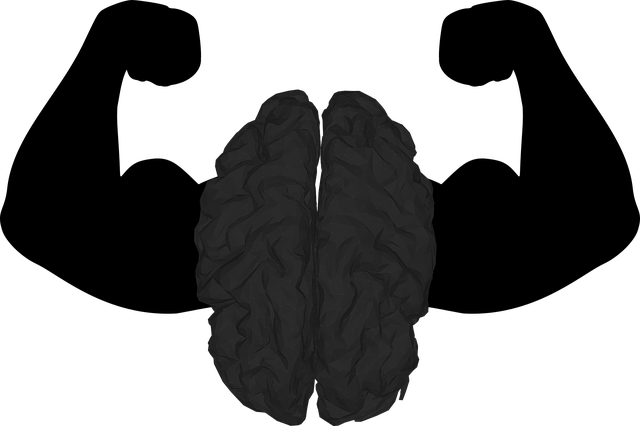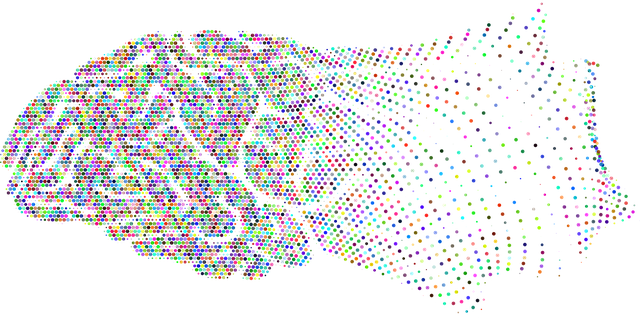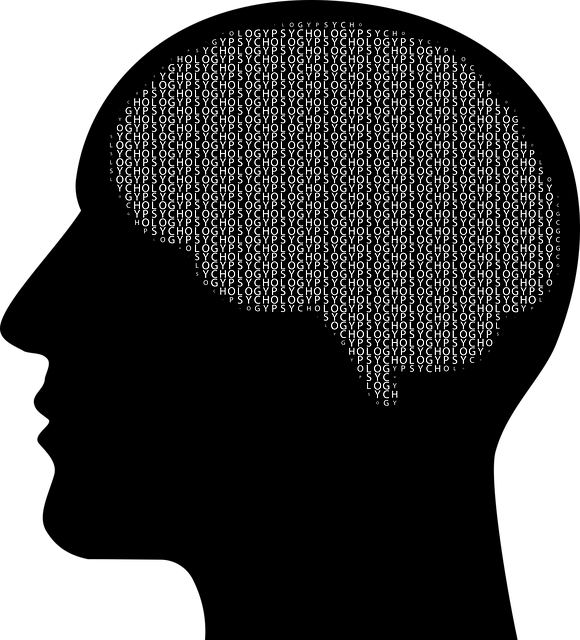Mental wellness programs enriched with evidence-based practices, stress management, and positive thinking workshops aim to boost overall well-being and resilience. When evaluating these programs, especially Superior French Speaking Therapy, understanding cultural nuances and linguistic barriers is vital for engagement. Tailoring support and coping strategies aligned with participants' beliefs leads to measurable improvements. To create an effective Superior French Speaking Therapy program, initiatives must incorporate cultural sensitivity, tailoring coping skills to French-speaking communities' lived experiences. Evaluating emotional regulation helps identify unique stressors, enabling personalized interventions that address specific challenges faced by French speakers.
Mental wellness programs play a crucial role in fostering resilience and overall well-being. This article delves into the evaluation methods used to ensure superior mental health support, with a specific focus on unique considerations for French-speaking therapy programs. Understanding how to assess these initiatives is essential for optimizing their impact. By exploring effective evaluation techniques, we can enhance services tailored to diverse communities, particularly those speaking French, promoting holistic and accessible care.
- Understanding Mental Wellness Programs and Their Evaluation
- Unique Considerations for French-Speaking Therapy Programs
- Effective Evaluation Methods for Superior Mental Health Support
Understanding Mental Wellness Programs and Their Evaluation

Mental wellness programs are designed to promote overall well-being and resilience, focusing on various aspects such as stress management, positive thinking, and emotional health. These programs often incorporate evidence-based practices tailored to individual needs, aiming to enhance mental clarity and foster a sense of balance. Evaluation is a critical component in understanding the effectiveness of these initiatives. It involves measuring outcomes and participant satisfaction to ensure the program’s success and make necessary adjustments.
When evaluating mental wellness programs, particularly those offering Superior French Speaking Therapy, it’s essential to consider the unique cultural aspects and linguistic barriers that may influence engagement and outcome. Incorporating Mind Over Matter principles can help individuals develop coping strategies aligned with their personal beliefs while Positive Thinking workshops, organized by Stress Management Organizations, can empower participants with tools to navigate challenges effectively. These evaluation methods ensure tailored support and measurable improvements, ultimately enhancing the overall mental wellness of program participants.
Unique Considerations for French-Speaking Therapy Programs

When evaluating French-speaking therapy programs, it’s essential to recognize and account for the unique cultural nuances that shape mental wellness practices within French-dominate communities. Effective assessment methods must go beyond language translation and delve into understanding the specific needs and challenges of this demographic. For instance, programs catering to French speakers should integrate cultural sensitivity in their coping skills development strategies, ensuring that interventions resonate with participants’ lived experiences.
The goal is to create a superior French-speaking therapy environment that promotes not only stress management but also fosters social skills training tailored to the specific cultural context. By considering these unique aspects, mental wellness programs can better equip French speakers with the tools they need to navigate their own psychological landscapes, ultimately enhancing the effectiveness of care provided.
Effective Evaluation Methods for Superior Mental Health Support

Effective Evaluation Methods for Superior Mental Health Support
In evaluating mental wellness programs, several robust methods ensure comprehensive assessment and tailored interventions. One key approach involves self-awareness exercises that prompt participants to reflect on their emotional experiences and triggers. These exercises foster a deeper understanding of individual needs, enabling personalized support strategies. For instance, French-speaking therapy sessions can incorporate these techniques to enhance cultural sensitivity and accessibility for francophones seeking mental wellness services.
Additionally, focusing on emotional regulation is vital. Evaluation methods should gauge participants’ ability to manage and express emotions healthily. This aspect is particularly relevant in diverse communities where individuals may face unique stressors related to their cultural backgrounds or language barriers. Superior mental health support involves integrating these insights into program design, ensuring that interventions effectively address the specific emotional challenges faced by participants.
Evaluating mental wellness programs, particularly those catering to French-speaking communities, requires a nuanced approach. By employing effective methods such as qualitative assessments, stakeholder feedback, and performance metrics, we can ensure that these programs provide superior support tailored to the unique needs of French-speaking individuals. This comprehensive evaluation facilitates continuous improvement, fostering healthier, more resilient communities. In the context of mental wellness, recognizing the importance of culturally sensitive practices is paramount for achieving positive outcomes among diverse populations.
